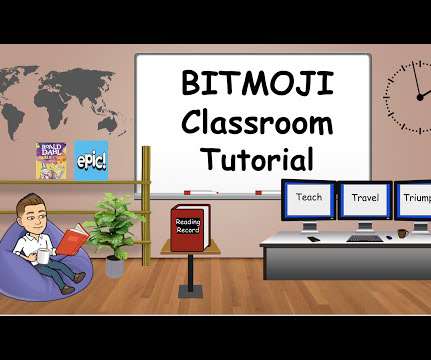Beyond Textbooks and OER: reflecting on #OpenEd15
ProfHacker
NOVEMBER 23, 2015
I realize I only have a biased slice of the conference based mainly around tweeters I know who (I realize now) mostly have similar stances as mine on openness (Phil Hill and Mike Feldstein in their keynote made a good point about how utterly useless this kind of social circle is for advocacy). This is the opposite of a textbook.















Let's personalize your content